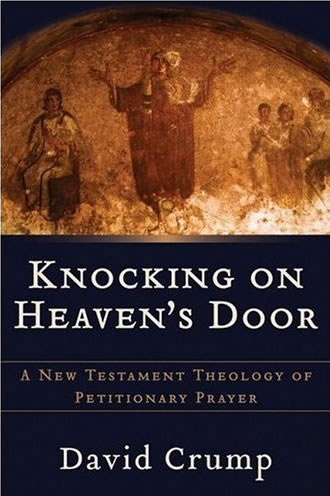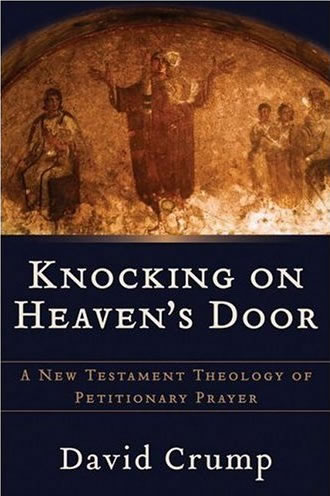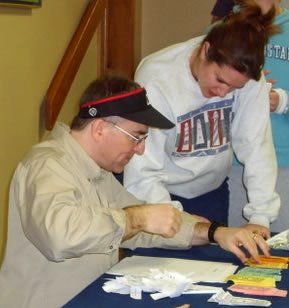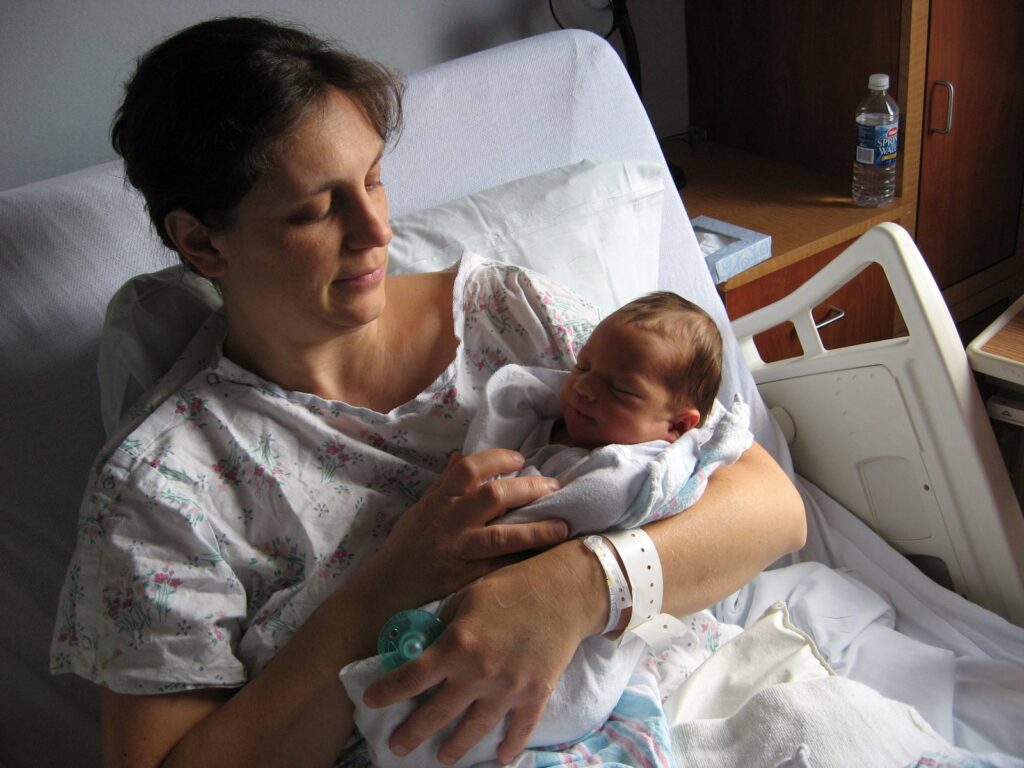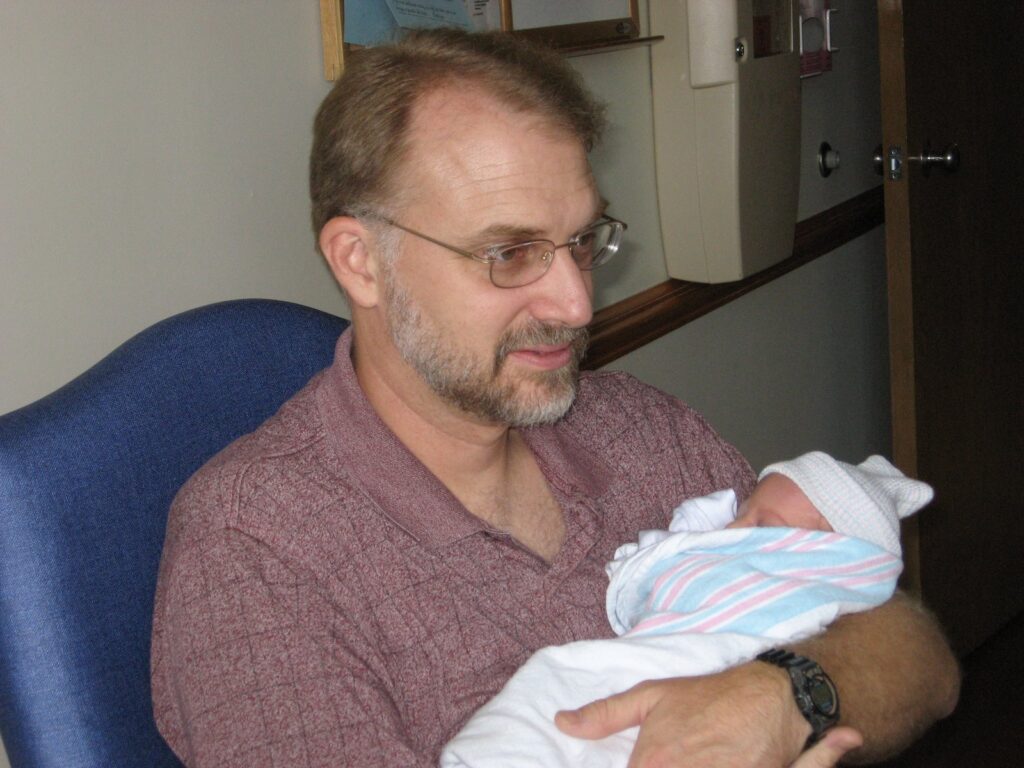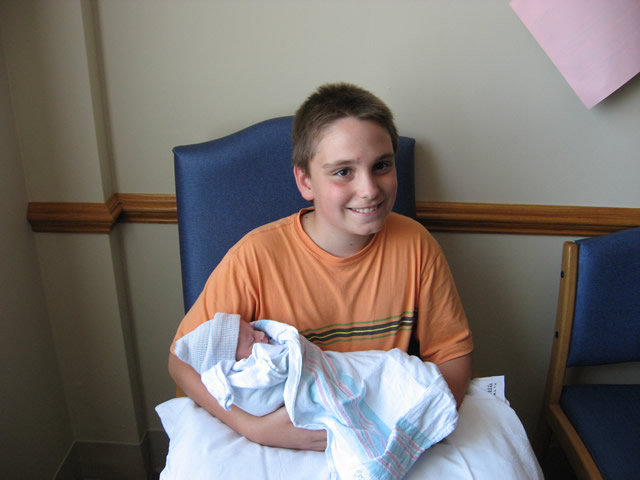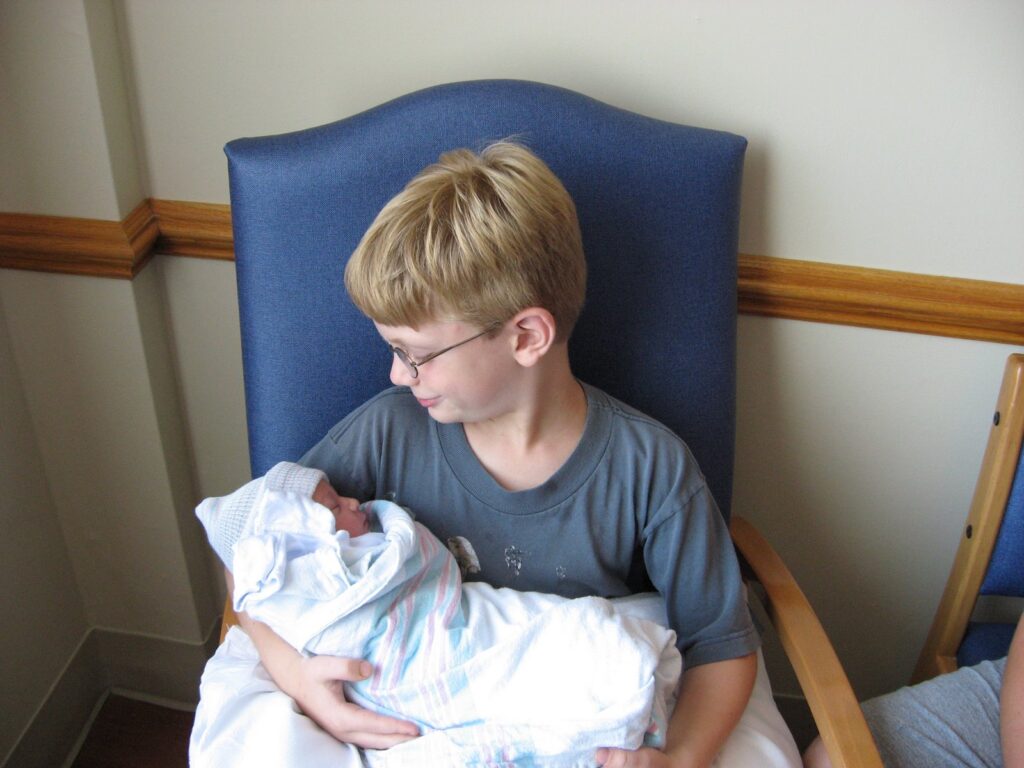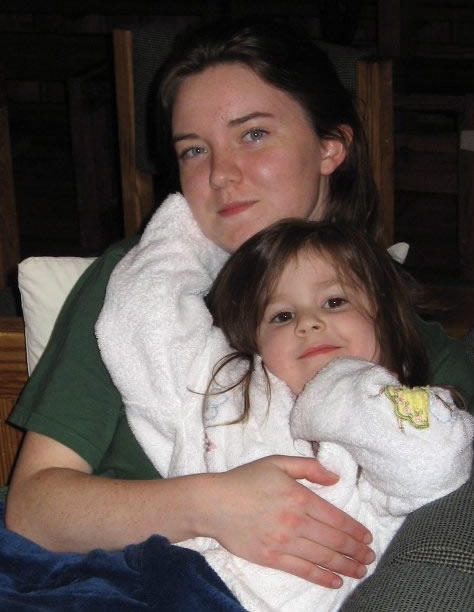
Recently a team from our community visited our friends out in Missouri at Shepherdsfield. Shepherdsfield is another intentional Christian community from whom we’ve learned much over the years. They invited us to participate in a “School For Conversion” which is a conference sponsored by the New Monasticism movement. It was enriching spending time again with fellow community dwellers and interacting with students investigating this life. Also present were members from the Little Portion community in Arkansas, and Tim Otto, a teacher with the New Monasticism and member of Church of the Sojourners community in San Francisco.
I was uplifted by the teachings and interaction with everybody. It’s always fun to spend time with our friends from Shepherdsfield, but the added pleasure of meeting the students and community members from Little Portion and Church of the Sojourners made the weekend a highlight.
Here are the testimonies from the others that went:
Jared Barton
Having five different intentional communities experiences present at the School of Conversion brought out the truth that there is “one body, one Spirit…one God and Father of all, who is over all, and through all, and in all.”(Eph 4:2) This past weekend was a display of this eternal truth as representatives from five very different communities answered serious questions of the why’s and how’s of community life. I was moved in the spirit by many of the discussions as those in attendance asked meaningful, probing questions.
I so appreciated those in attendance and their desire to find answers. I walked away refreshed and revived in the value of community life and the truth that communities coming together is a powerful testimony and witness of the body principles.
Sarah Harding
I always feel privileged to spend time with our friends of the Shepherdsfield community in Missouri. Their individual and corporate stories inspire each one of us further along the “common way.” I don’t think there has been a visit in which we have not gone away with a deeper appreciation for God’s vision for the body of Christ.
During this particular visit, I spent time with the “Shepherdsfieldians” as they received others into their home to experience their dynamic life together. Visitors from overseas, Canada, and other regions of the Midwest came to see and hear what intentional Christian community looked like for this church in Fulton, Missouri. As guest speakers recounted the Biblical story from Abraham to Pentecost, listeners were invited to ask, “What is God’s vision for his people as narrated in the Bible and what does that mean for the church today?” Some discussed the cost of following in Christ and the disciple’s footsteps while others asked for insight to realize a practical lifetime commitment to a people. Between the experience of both resident members and those they invited, the advice shared was rich in wisdom from a road long traveled.
These discussions deeply rooted in me as I not only listened to the sessions but participated in the daily life of my hosts. The time spent eating excellent food, enjoying company, listening to music or pulling up my sleeves in the kitchen or greenhouse reminded me again and again of the “why” behind the vision we had been discussing. I believe the “why” behind what we do is ultimately personal, that our commitments are realized supremely because of the individual on our right or left hand. I’ve been more than blessed to have grown up in such a person-centered environment. I don’t want to forget just how irreplaceable each individual in our life is.
Timothy Krell
My most cherished part of my trip to Shepherdsfield has to be the time I spent with my friend, Jeffrey. I met Jeffrey when I was eleven during my first trip to his community. The great distance that separates our two communities makes it difficult to interact much, so whenever one of us is visiting I value what time we can spend together. This visit was particularly special since Jeffrey’s family hosted me, and I stayed with him in his room. It is very exciting to befriend someone who has been living in a Christian community similar to my own. We can relate to many of each others experiences, offer insight into each other’s walk with the Lord, and share in the differences that make our respective communities unique.
Shepherdsfield has a very strong culture of socializing with each other, and this comes out in Jeffrey’s openness and wonderful hospitality. One practice that Shepherdsfield uses to foster this spirit is their abstinence of TV watching in the home. They watch movies together as a group, but they have chosen not to watch broadcast television or movies each in their own home. The result of this, I have seen, is a very strong culture of fellowship and hosting of one another during their spare time. At the end of the day, people will invite others to their homes to sit, drink tea or coffee, play a game, and just talk with each other. Jeffrey’s newly married older brother invited Sarah and I to his home Sunday afternoon. I had a wonderful time talking about our lives and sharing our interests. I confess that my default form of entertainment almost always involves a TV, whether it be playing a video game or watching something. My times with Shepherdsfield have helped me understand that what is most valuable and cherished is not the entertainment but the person.


